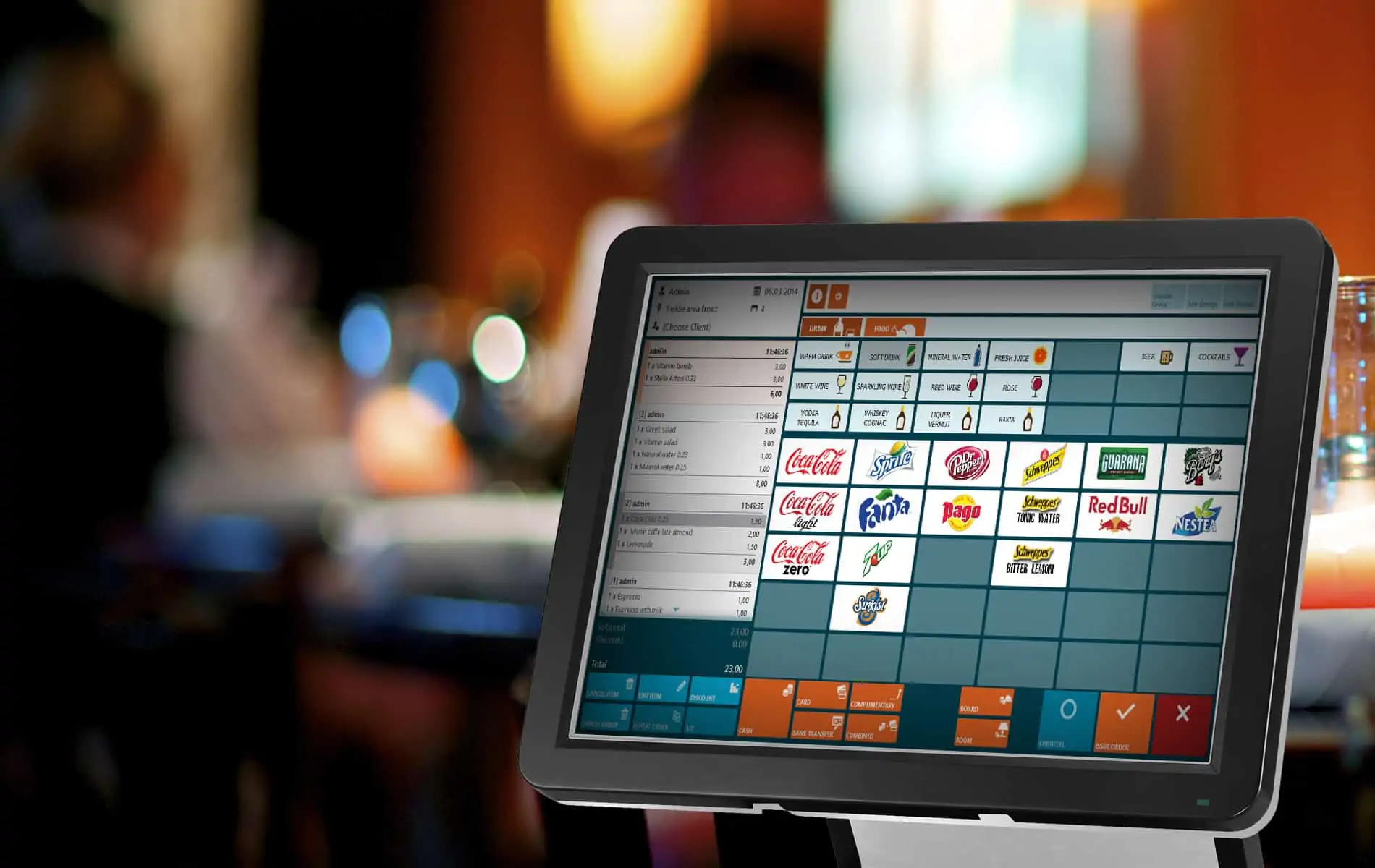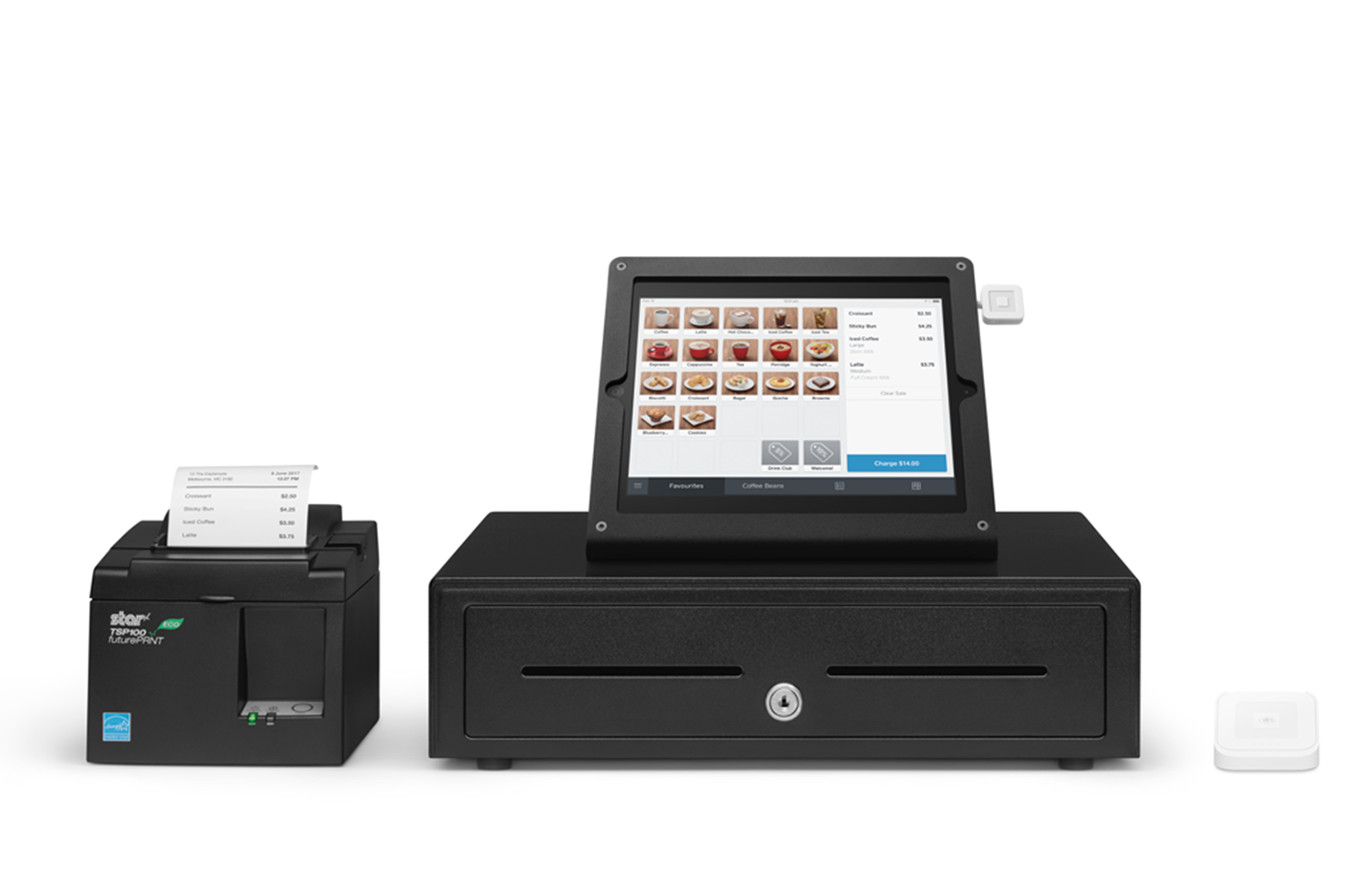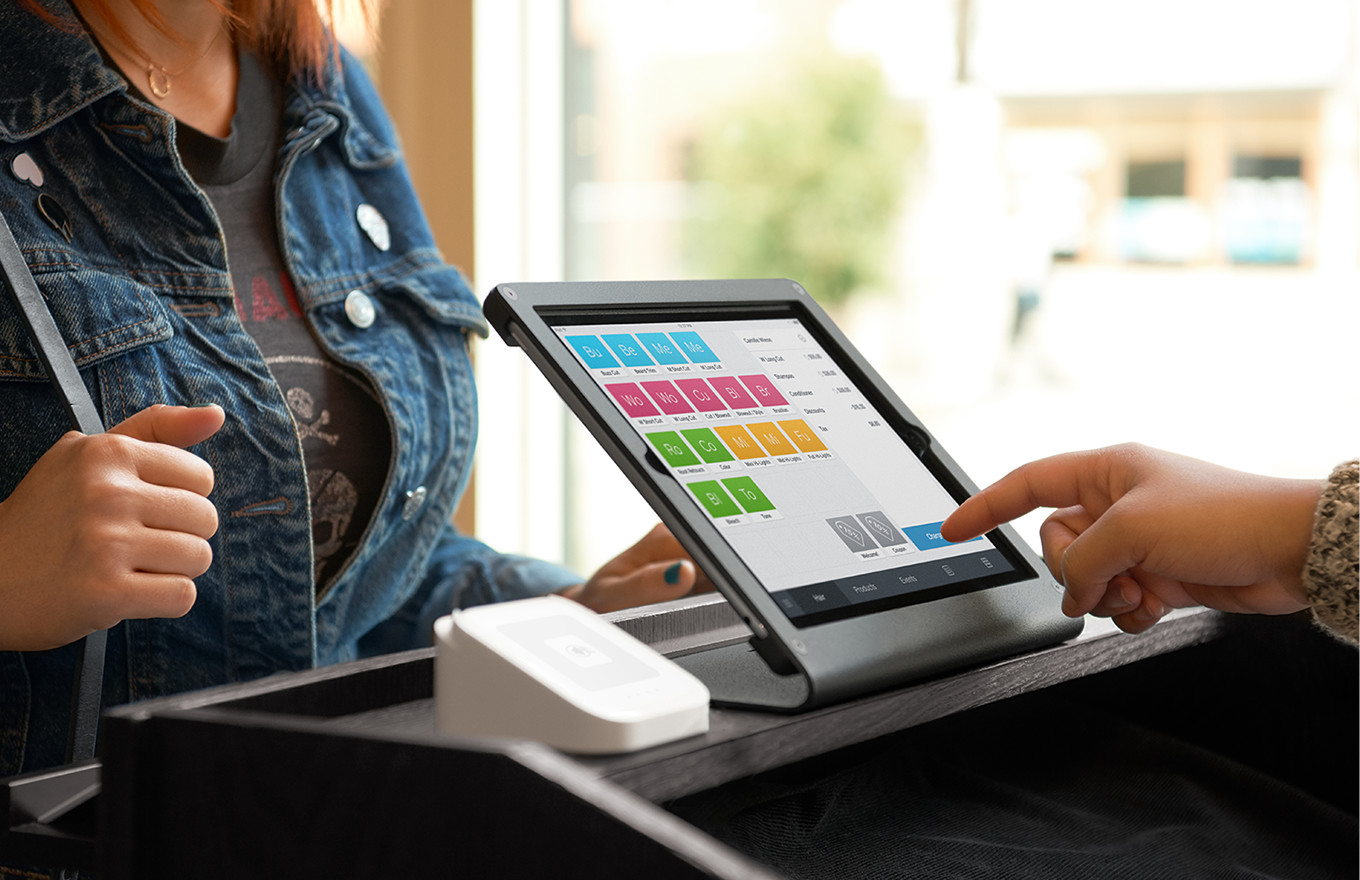
Choosing the right Point of Sale (POS) system is critical for the success of any business, regardless of size or industry. This comprehensive guide will help you navigate the complexities of selecting a POS system that perfectly aligns with your specific needs. We’ll explore key features, crucial considerations, and essential functionalities to ensure you make an informed decision and maximize your return on investment. We’ll cut through the marketing jargon and present you with the unbiased information you need to choose the best POS system for your unique business. This guide will empower you to confidently select a system that will streamline operations, boost sales, and enhance the overall customer experience.

Introduction
Finding the perfect Point of Sale (POS) system can feel overwhelming. The market is saturated with options, each promising a wealth of features. But the reality is, not all POS systems are created equal. This guide aims to demystify the process, providing you with the knowledge and insights needed to choose a system that fits your business like a glove. We’ll cover everything from essential features to critical considerations, ensuring you select a POS system that empowers your business to thrive. Let’s dive in and find the perfect solution for your needs!
Frequently Asked Questions
- Q: What is a POS system? A: A Point of Sale (POS) system is a computerized system used to process transactions in retail, food service, and hospitality settings. It typically includes a cash register, barcode scanner, payment processor, and software to manage sales, inventory, and employee information.
- Q: How much does a POS system cost? A: The cost of a POS system varies greatly depending on the features, hardware, and software included. Some systems offer subscription-based models, while others require upfront investment. Expect to pay anywhere from a few hundred dollars to several thousand dollars, depending on your needs.
- Q: How do I choose the right POS system for my business? A: The best POS system for your business depends on factors like business size, industry, sales volume, payment processing needs, and desired features (inventory management, customer relationship management (CRM), reporting capabilities, etc.). Consider your current and future needs when making your decision.
Hardware Considerations
Choosing the right POS hardware is paramount to ensuring a smooth and efficient operation. The hardware you select directly impacts your employees’ productivity, the customer experience, and ultimately, your bottom line. Don’t skimp on quality; invest in robust and reliable hardware that can withstand the rigors of daily use.
- Point of Sale Terminal: The heart of your system. Select a terminal with a user-friendly interface, a durable design, and sufficient processing power. Consider screen size and features like integrated payment processing.
- Barcode Scanner: Essential for quick and accurate inventory management. Look for a scanner that is compatible with your POS software and offers reliable performance. Consider wireless options for mobility.
- Receipt Printer: A reliable receipt printer is crucial for providing customers with proof of purchase. Choose a printer that is fast, durable, and compatible with your POS system. Consider thermal printers for reduced maintenance.
- Cash Drawer: A secure cash drawer is necessary for handling cash transactions. Select a drawer that is compatible with your POS system and provides sufficient capacity for your business needs. Consider features like key lock security.
- Payment Processing System: Seamless payment processing is critical for a smooth checkout experience. Choose a system that supports various payment types (credit/debit cards, mobile payments, etc.) and offers secure transactions.
Software Capabilities
The software aspect of your POS system is arguably the most crucial element. The right software will streamline your operations, provide valuable insights, and enhance your business decision-making. A powerful software suite can revolutionize how you manage your business.
- Inventory Management: Track stock levels in real-time, receive low-stock alerts, and manage inventory efficiently. Features like automated reordering and tracking expiration dates are critical.
- Sales Reporting: Generate detailed sales reports to analyze sales trends, identify best-selling items, and track key performance indicators (KPIs). Real-time reporting enables quick reaction to changing market conditions.
- Customer Relationship Management (CRM): Build and maintain customer relationships through features like loyalty programs, customer profiling, and personalized communications. This leads to increased customer retention.
- Employee Management: Manage employee schedules, track employee performance, and control access to the POS system. This ensures accountability and improved staff productivity.
- Integration Capabilities: The ability to integrate with other business systems, such as accounting software and e-commerce platforms, is crucial for a streamlined workflow.
Payment Processing Integration
Choosing the right payment processing integration is essential for a smooth, secure, and efficient checkout experience. This directly impacts customer satisfaction and minimizes potential losses due to payment processing issues. Look for providers with established reputations and competitive fees.
- Multiple Payment Options: Support all major credit and debit cards, mobile payment solutions (Apple Pay, Google Pay), and other relevant payment methods preferred by your customers.
- Security Measures: Ensure your payment processor employs robust security measures to protect sensitive customer data. Look for compliance with PCI DSS standards.
- Transaction Fees: Compare processing fees carefully. Consider transaction fees, monthly fees, and any other associated costs. Negotiate favorable rates based on your transaction volume.
- Customer Support: Choose a processor with reliable customer support. You’ll need access to assistance when issues arise.
- Reporting and Analytics: Access detailed transaction reports to monitor sales, identify trends, and optimize your payment processing strategy.
Customer Support and Training
Selecting a POS system with exceptional customer support and comprehensive training is vital for a successful implementation. You need a provider who is responsive, knowledgeable, and readily available to assist you with any issues.
- Responsiveness: A quick response time to support requests is essential, especially during critical situations.
- Knowledgebase and Documentation: Access to a comprehensive knowledgebase and detailed documentation ensures you can troubleshoot common issues independently.
- Training Resources: Access to training materials (videos, manuals, online courses) and ongoing support is crucial for maximizing your investment and ensuring your staff can use the system effectively.
- Technical Support Options: Multiple channels for technical support (phone, email, chat) ensure you can receive assistance when you need it. 24/7 support is beneficial for businesses operating around the clock.
- On-site Training: Consider the option for on-site training to ensure your staff is properly trained on the POS system’s features and functionalities.
Conclusion
Choosing the right POS system is a significant investment, but it’s one that will pay dividends for years to come. By carefully considering the factors discussed in this guide—hardware, software, payment processing, customer support, and training—you can confidently select a system that perfectly aligns with your business needs. Remember, the ideal system will streamline your operations, enhance the customer experience, and provide valuable insights to propel your business towards success. Don’t rush the process; take your time to thoroughly research and compare different options before making a final decision. Your future success depends on it.
